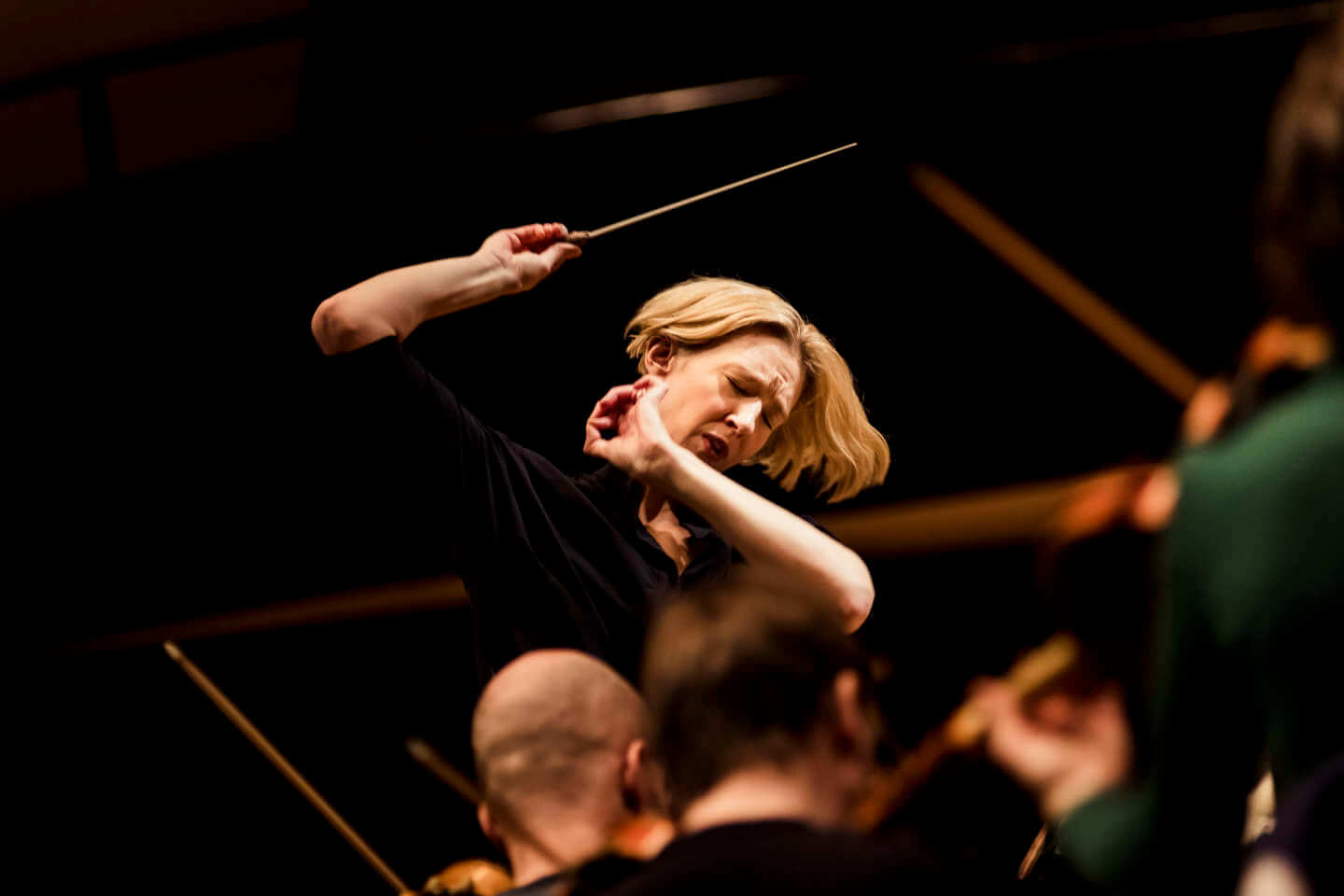A groundbreaking new production of L’opéra de quat’sous (The Threepenny Opera) premieres on 4 July at the Festival d’Aix-en-Provence. Directed by Thomas Ostermeier, longtime artistic leader of Berlin’s Schaubühne, the production introduces a new French translation created for the occasion by Alexandre Pateau. Observes Ostermeier: “It is paramount to underline the fact that this play with music predates Brecht’s reading of Karl Marx; it was written before he developed his ‘method’ based on his reflections on epic theater and therefore before his political plays. This realization obviously informs how it should be staged.” Music Director Maxime Pascal will lead musicians of the ensemble Le Balcon. Pascal reflects on the popular association often made between Weill’s music and cabaret and jazz. “It seems to me that in the collective imagination, The Threepenny Opera more or less marks the arrival of jazz in Europe at the end of the 1920s, whereas the roots of Weill’s musical expression are very different indeed. When I opened the score, I couldn’t help but notice the similarities with Mahler and the composers of the Second Viennese School.” The performances in Aix will include an interpolated song originally composed by Weill in 1937 for a Paris production featuring Yvette Guilbert, a wildly popular cabaret singer of the day. As a co-production with the Comédie-Française, this Threepenny Opera boasts a cast of first-rate singing actors. Prominent among them is Marie Oppert, a past prizewinner of the Lenya Competition, who plays the role of Polly Peachum in Aix. She is the fourth Kurt Weill / Lotte Lenya Artist sponsored this season by the KWF. The production will relocate to Paris in the fall, for a run of more than thirty performances at the Comédie-Française. See the Festival site for more information, including a video interview with Thomas Ostermeier. | 
